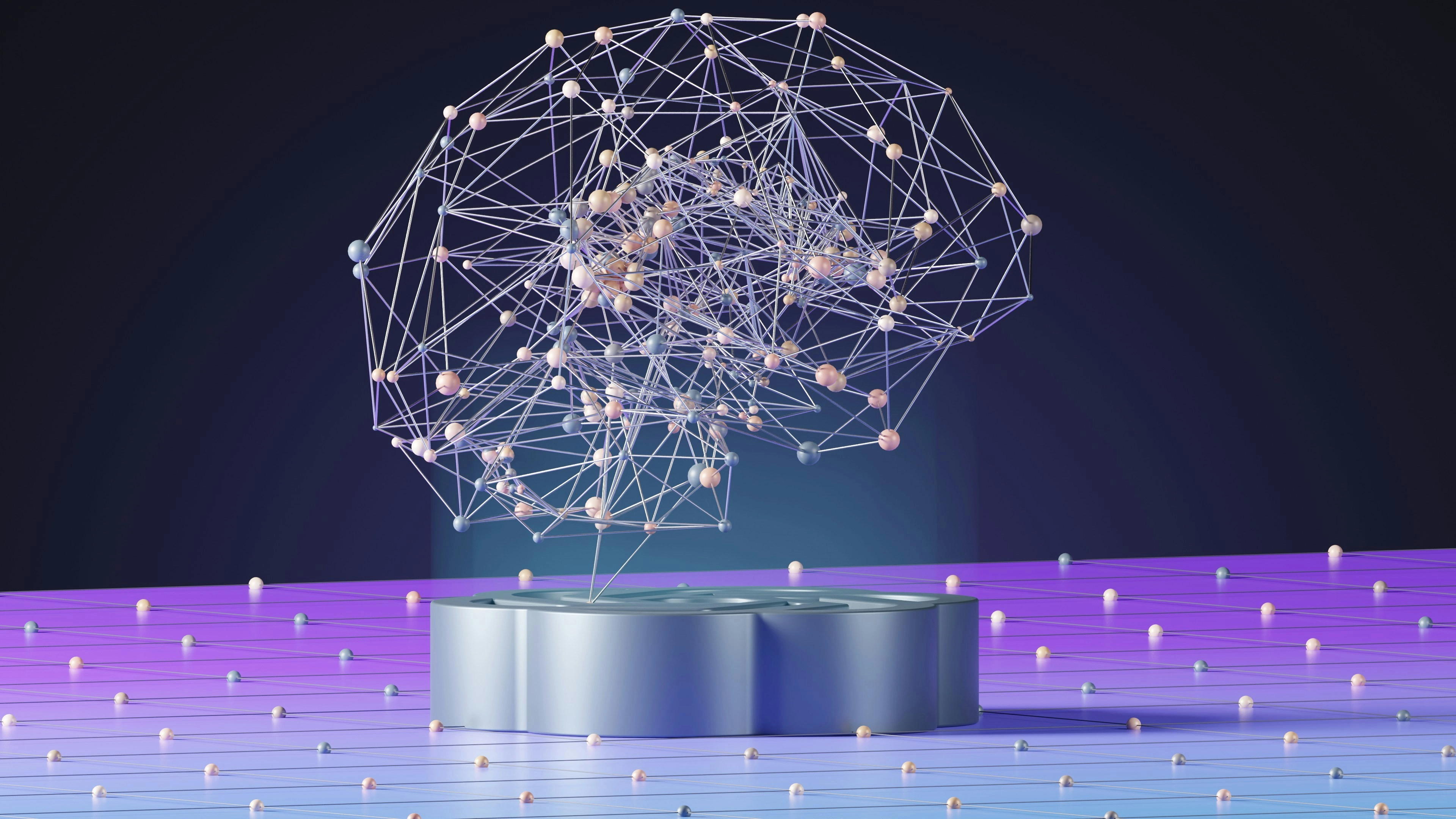The recent Shanghai Cooperation Organization (SCO) summit provided a significant platform for global leaders, including Prime Minister Narendra Modi of India, President Xi Jinping of China, and President Vladimir Putin of Russia, to engage in dialogue and showcase their respective visions for a multipolar world order. The summit, held against the backdrop of shifting geopolitical dynamics, highlighted the West’s perception of these leaders and their nations within the broader context of international relations.
From the Western perspective, the interactions among Modi, Xi, and Putin at the SCO summit are seen as crucial for understanding the emerging global landscape. The West has often viewed Modi’s India as a counterbalance to China’s expanding influence and Russia’s assertive foreign policy. Modi’s emphasis on India’s role as a stabilizing force in the region aligns with Western interests in promoting a free and open Indo-Pacific. At the same time, the West remains cautious of China’s ambitions and Russia’s militaristic strategies, particularly in light of recent conflicts and territorial disputes.
The dynamics at the SCO summit also revealed the complex relationships among these three leaders. While Modi seeks to position India as a key player in global governance, the West is keenly aware of the strategic partnerships forming between China and Russia, which may challenge Western hegemony. The summit underscored the need for the West to recalibrate its approach toward these nations, recognizing the intricate web of alliances and rivalries that shape contemporary geopolitics. As the world moves toward what some describe as a “New World Order,” the actions and decisions of Modi, Xi, and Putin will undoubtedly play a pivotal role in determining the future balance of power on the global stage.
In conclusion, the SCO summit served as a microcosm of the evolving international order, illustrating the West’s nuanced view of PM Modi, Xi Jinping, and Vladimir Putin. As these leaders navigate their respective national interests and global aspirations, the interplay among their policies and alliances will significantly impact the geopolitical landscape. The ongoing dialogue and engagement among these powers will be critical in shaping a new era of international relations, one that is increasingly defined by multipolarity and complex interdependencies.




